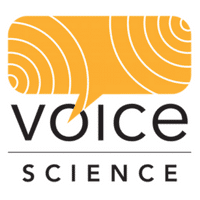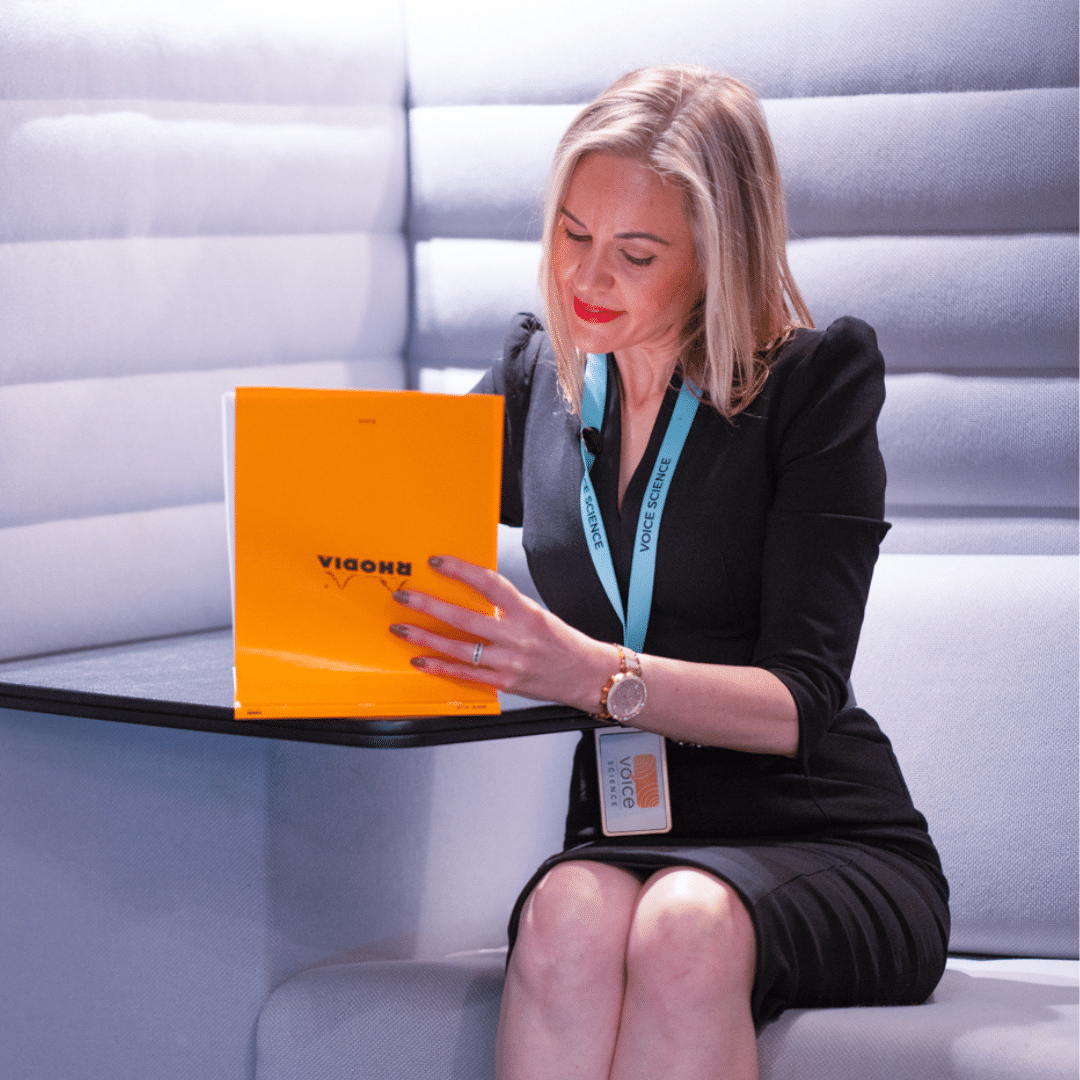7 Speech Pathology Practice Tips For Adults
Starting speech pathology as an adult can be challenging as there are not many resources out there around practice for speech pathology for adults, but here are some tips from Voice Science™.

Here at Voice Science ™ you would have heard our clinicians mention multiple times during sessions how important practice is to achieving your individual goals! These tips are designed for speech pathology for adults. Starting speech pathology as an adult can be challenge as there are not many resources out there around practice for speech pathology for adults. Practice is paramount to the success that you can achieve in our sessions, and without it, it is impossible to transfer your goals from clinic sessions to real life conversation. We have prepared 7 core practice tips and can’t wait to share them with you.
7 tips to Boost your Voice Science™ Practice at Home ✍️
The easier and more natural your goals become, the better chance of them being used when speaking to friends, when on the phone, or ordering your 4pm coffee from the café down the street.Let’s look at how you can hit those communication goals for 2023 through Perfect Practice!
#1 Go Slow!
Pronunciation Clarification Tips
Voice Therapy tips
Speech fluency/stuttering tips
#2 Use what you have
#3 Make it fun
#4 Record yourself
Recording yourself and listening back to what you have said allows you to be your own teacher and identify what you are doing well and what you need to fix. This is a skill that you need to be able to ensure continuous use of your goals in and out of the clinic. After all, the Voice Science™ can’t stand next to you at all times and let you know how you are sounding!
#5 Start small
Remember that you can’t read a whole large novel in a day, but rather you devour a book in small steps over time. This is the same for practice. Consider, 20 minutes a day builds up.
In fact, if you set aside 20 minutes daily to work on your Voice Science™ goals, in 10 weeks you will have practiced for 23.3 hours.
That’s a lot of build up.
#6 Use a dedicated space for your practice
So many people tell us they are practicing in the car. Don’t do it in the car! You don’t practice your tennis serve, kitchen knife skills, watercolour painting or clarinet in the car for a reason. Speech, Voice and Communication goals need attentive practice. Save your car for driving safely.
#7 Try to practice at the same time each day
If your schedule is CRAZY, pre-schedule when you will practice on Sunday afternoon, so that you are ready for the week ahead. Use activity trackers, google calendar reminders, phone timers or even a simple habit tracker to stay on track that you display in a prominent place (the fridge, your desk, by your bed) to monitor your consistency. While we are at it, are you following us on Instagram? Look up Voice Science™ and follow us – you’ll find lots more ideas for practice.
What should you do if you’re feeling stuck in your practice routine?
Sometimes, you may feel like you are stuck in your practice goals. If you are feeling like your goals are not progressing or you’ve lost motivation, you might be stuck!
This can be a sign that:
- More feedback is needed
- More instruction/ learning is needed to take your goal to the next step
- The goal needs to be adjusted
- The goal needs to be upgraded
- You’ve achieved your goal and it’s time to re-evaluate
- Your goal is no longer relevant to you
If any of these are the case, we suggest considering booking your next session at Voice Science™ to check in with your goals.


